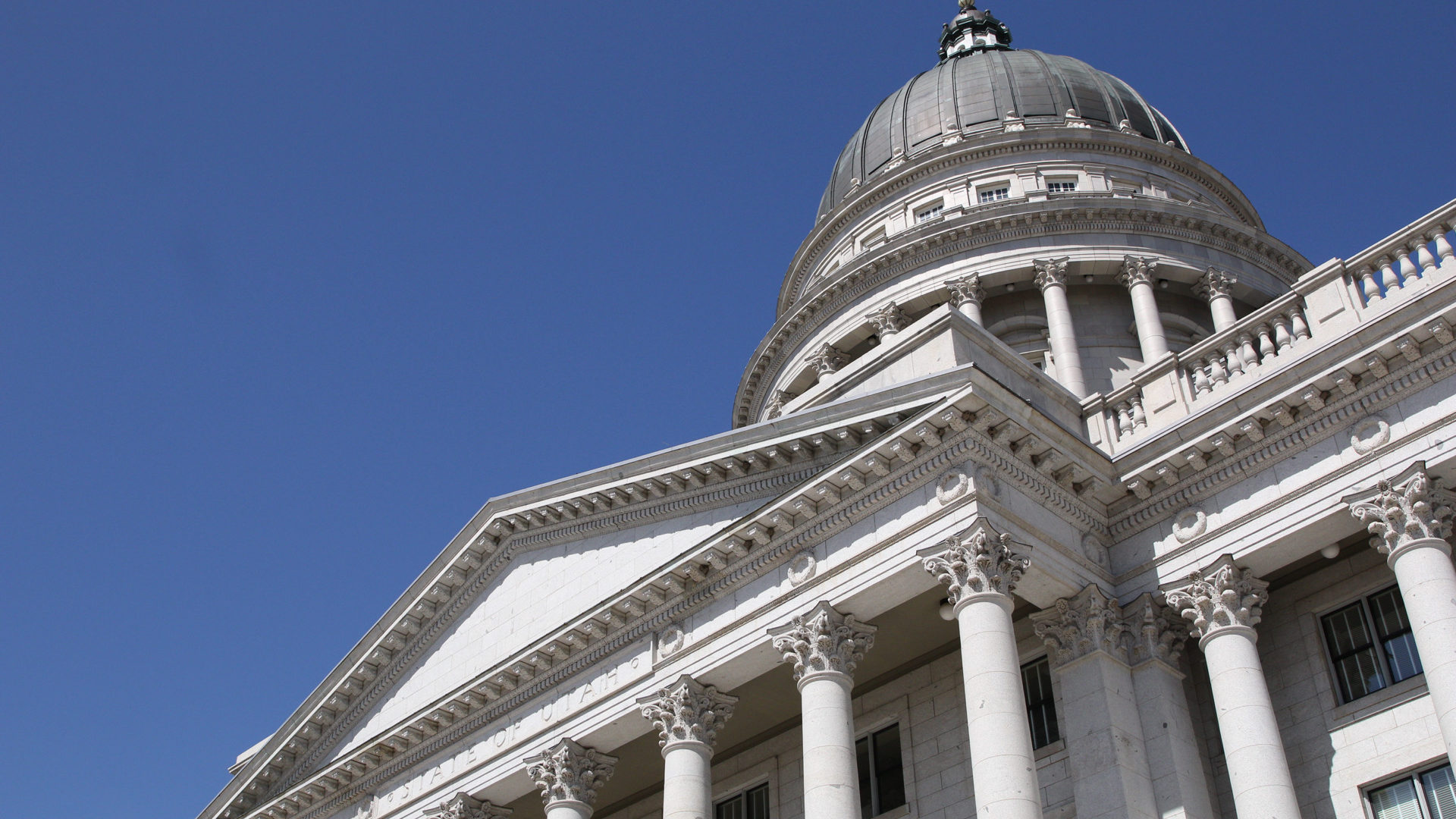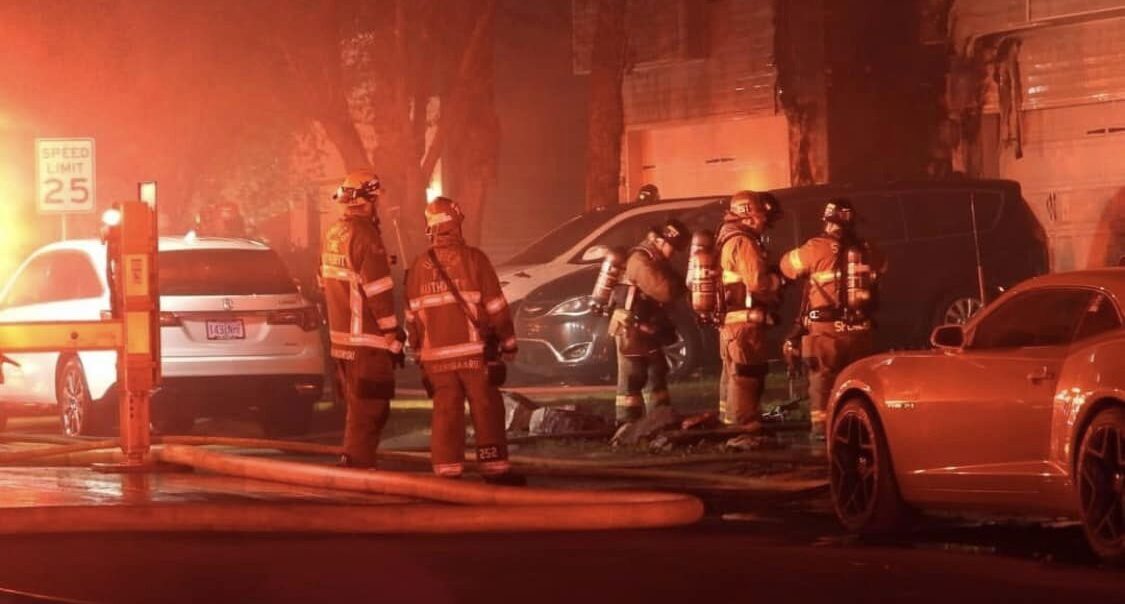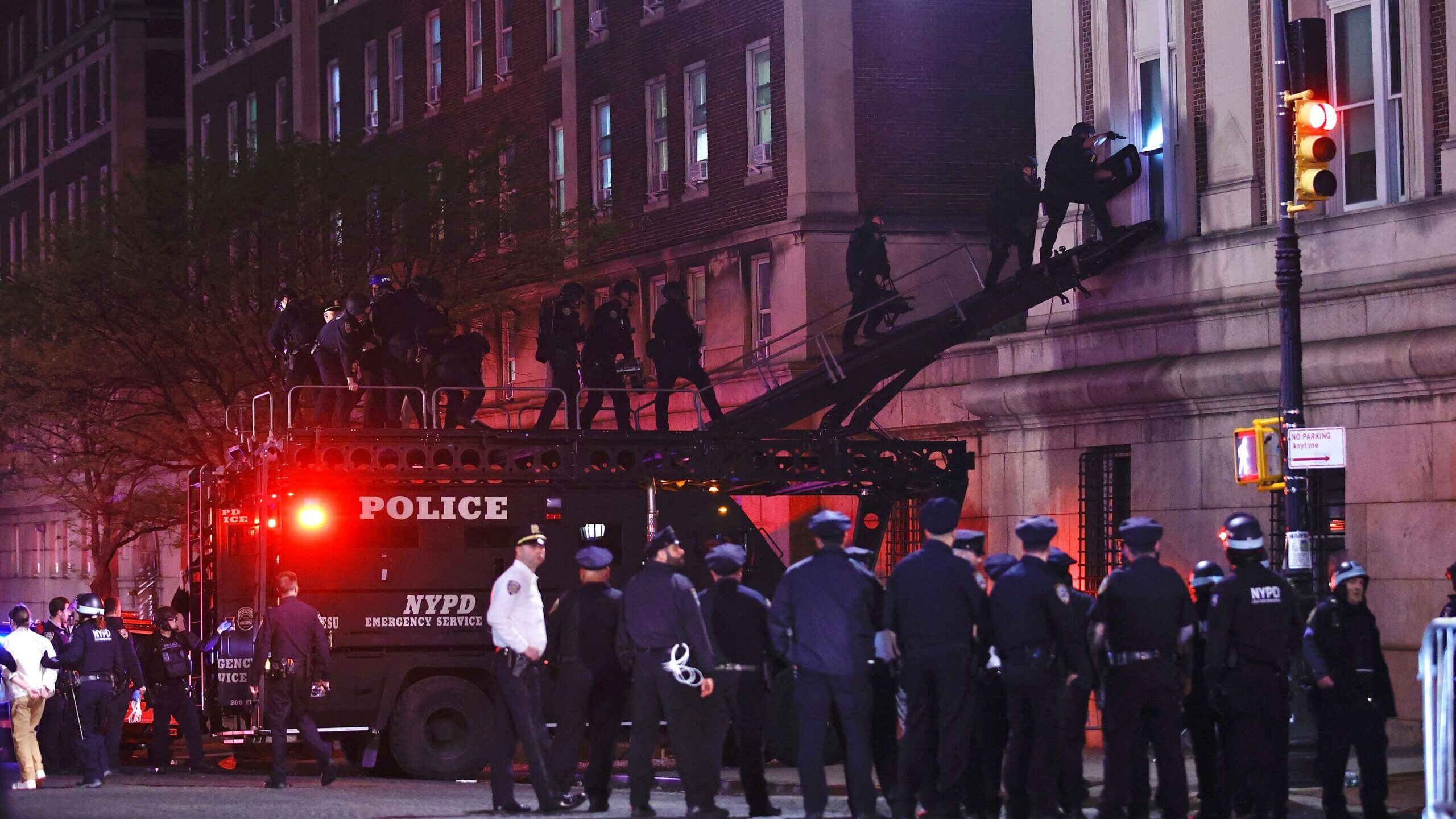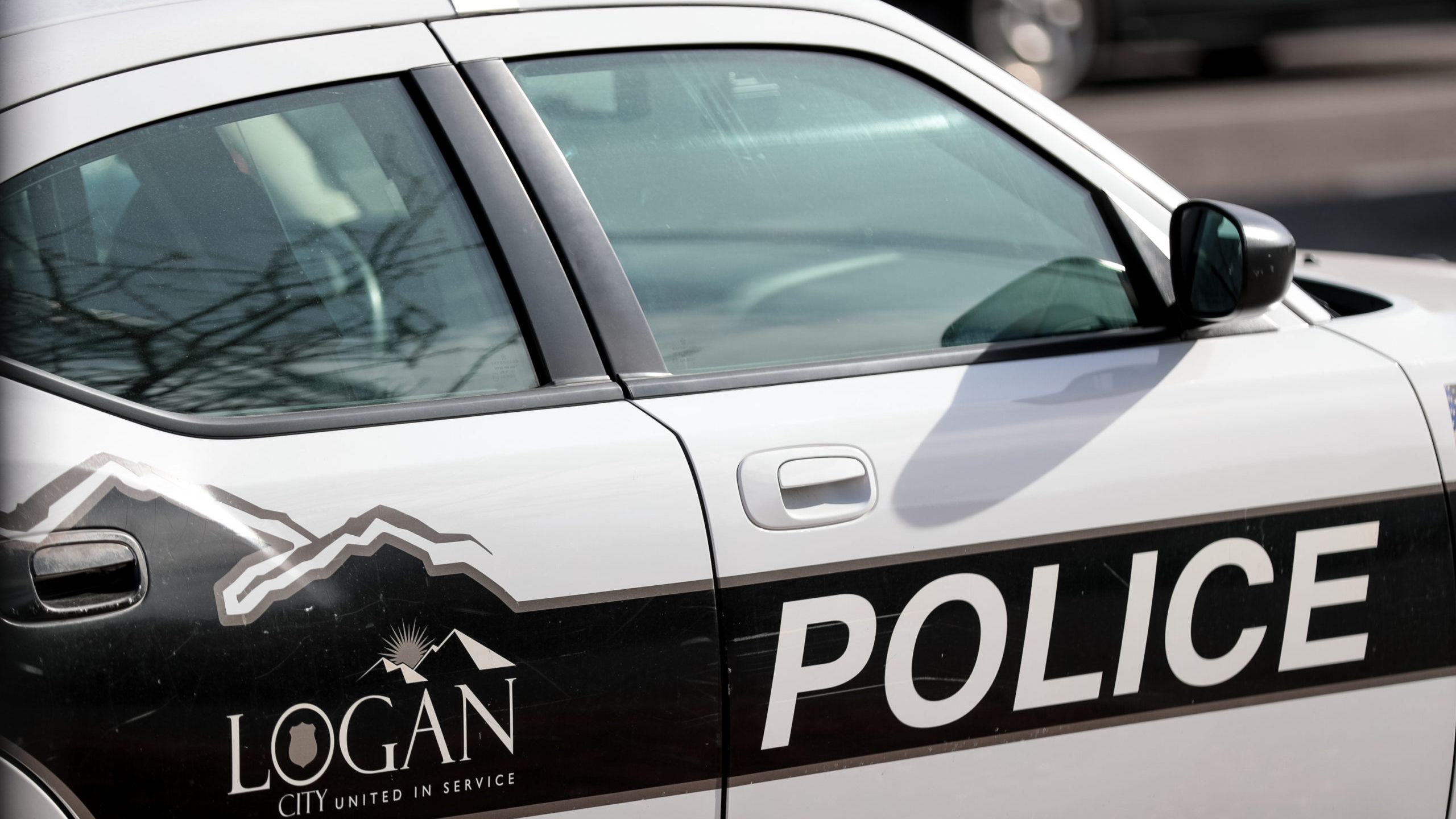Utah Supreme Court dives deeper on constitutionality of legislature overturning Congressional maps
Jul 17, 2023, 4:30 PM | Updated: 9:25 pm

The Utah State Capitol is pictured in Salt Lake City, Utah. (Kira Hoffelmeyer/ KSL NewsRadio)
(Kira Hoffelmeyer/ KSL NewsRadio)
SALT LAKE CITY — After oral arguments last week, Utah’s Supreme Court has asked for supplemental briefings over an issue with potentially big implications for the case — and the future of initiatives in Utah.
Ultimately, the question the court is diving deeper into is: Did Utah’s legislature violate Utahns’ rights to alter and reform their government when they overturned a law enacted by a statewide ballot initiative? Does it matter that this law deals with redistricting?
If the people do have this ultimate right through the initiative process, the justices will ultimately be weighing in on whether this power of the people applies to any law created through a statewide ballot initiative, or if there are some criteria — like redistricting — when the legislature can step in and reform or repeal a law created by the citizens.
Late last week, Utah’s high court asked for those briefs from each side’s lawyers. Justice John Pearce asked each side:
If the court were to conclude that a) the people’s article 1 section 2 right to alter or reform their government is a fundamental right, and b) the people exercised that right when they enacted Proposition 4:
1) Should a level of scrutiny apply in determining whether SB200 [the legislatures’s law overturning the maps] violated the people’s right to alter or reform their government?
2) If so, what level of scrutiny should apply?
3) Should the level of scrutiny vary based on the nature of the particular changes to Proposition 4 that Plaintiffs challenge?”
Better Boundaries, the group that pushed Proposition 4 on the ballot and who is supporting the plaintiffs financially, sent an email to followers signaling how they feel about the justices asking for further briefings.
“The plaintiff’s received some heartening news,” the email read before describing that the justices are calling for them over their claim that the repeal of Prop 4 was unconstitutional.
“It means the justices are working to ensure that they have a thorough understanding of all the arguments and information necessary to render a final decision on this crucial claim,” the email stated.
Utah’s legislative leaders also responded in a brief statement.
“We appreciate the Utah Supreme Court taking time to review the case thoroughly,” said State Senate President Stuart Adams, R-Salt Lake City, and House Speaker Brad Wilson, R-Kaysville, jointly.
What does this mean for the case?
KSL Legal Analyst Greg Skordas said the call for these briefings doesn’t signal one way or another which way the justices will go. And, he added, supplemental briefings from the court are common.
“The plaintiffs should feel a little bit like their position is being heard,” Skordas said.
At the same time, he said it doesn’t mean that the case is over in any way for the state.
“The legislature should by no means feel defeated at all by this,” he said, “It’s still 50/50 to decide ultimately how these districts are going to be divided [and] who’s right it is to do that.”
As for a read on the justices’ decision, Skordas said they asked probing questions on both sides of this issue.
“The justices could have dismissed the case outright and bought into the legislature’s argument,” he said. “They didn’t do that so they’re clearly looking into this much more closely than the legislature would have hoped.”
Sen. Mike Lee’s arguments
Utah Sen. Mike Lee, R-Utah, took to Twitter Sunday to lay out the arguments he would make on behalf of the legislature.
🧵 1. Arguments supporting the validity of Utah’s redistricting law—and against the novel claim now under consideration before the Utah Supreme Court—are much stronger than I initially thought. https://t.co/GTDsjLQiti
— Mike Lee (@BasedMikeLee) July 17, 2023
“It is of course true that Article VI, Section 1 of the Utah Constitution allows for laws to be enacted either through the legislature or by statewide initiative. But not every legislative act can be enacted by statewide initiative,” he wrote.
He went on to say that article Article VI says nothing about redistricting, but rather that the topic is addressed later in Utah’s constitution Article IX.
“Unless I’m missing something, that means that, if a law were enacted by statewide initiative purporting to make redistricting decisions beyond the reach of the legislature—and without giving the legislature the final word on the matter—it would violate Article IX, Section 1,” he claimed.
“That casts significant doubt on the legal theory raised in the now-pending litigation,” said Lee. “That theory suggests that the Utah Constitution places limits on the legislature’s authority to modify or repeal a redistricting law passed by statewide initiative.”
One commenter in Lee’s Twitter thread challenged Lee’s interpretation of Utah’s constitution.
“The legislature may have the power to draw districts but the people have the right to reform their government by requiring that that power be exercised in a manner that does not prejudice elections to the extraordinary benefit or detriment of a particular party or group,” wrote Alan Wessman.













